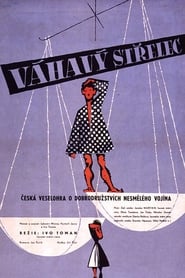detail profile vojt c4 9bch jasn c3 bd
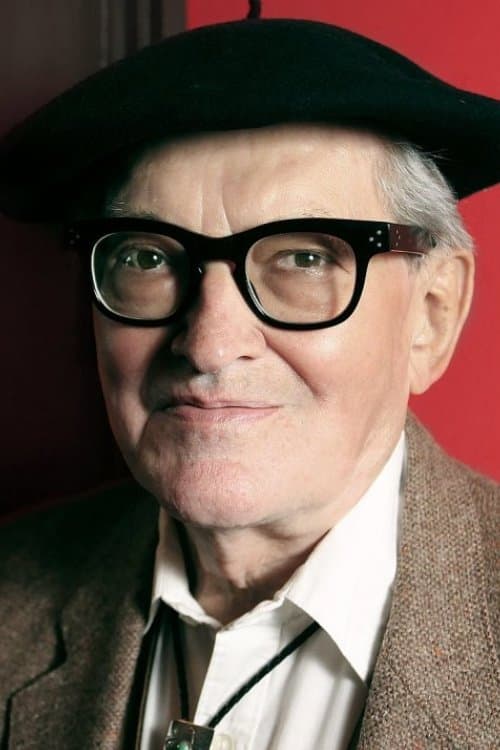
Vojtěch Jasný
Войтех Ясный
atau dikenal sebagai
Riwayat Hidup
Vojtěch Jasný (born 30 November 1925 – 15 November 2019) was a Czech director who came to prominence in the sixties.
He won a Cannes Special Jury Prize for Až přijde kocour/The Cassandra Cat (1963).
He was born in Kelč in Moravia.
An active filmmaker in Czechoslovakia throughout the 1950s and 1960s, he was among many artists and intellectuals who left the country after the USSR-led invasion following the Prague Spring of 1968.
Jasný worked in other European countries for several years including Austria, West Germany and Yugoslavia until relocating to Brooklyn, New York in the early 1980s.
Jasný taught film directing classes at Columbia University for several years (where his compatriot Miloš Forman was also a professor and former Film Division Co-Chair) and continues to teach at The School of Visual Arts (SVA) and The New York Film Academy (NYFA).
Až přijde kocour/The Cassandra Cat is an allegorical fable about a magical cat that comes to a small Czech town and causes the underlying nature of the townspeople to be revealed.
The film won a Special Jury Prize at Cannes.
Also among Jasný's works is Všichni dobří rodáci /All My Good Countrymen (1968), a story centering on the lives and fates of several rural Czechs as they struggle to adapt and survive under communist rule; a film later banned in Czechoslovakia after the invasion of 1968.
Info Pribadi
Peran Yang Di Mainkan Vojtěch Jasný
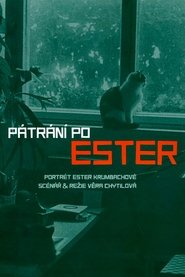 Ester Krumbachov a costume designer screenwriter...
Ester Krumbachov a costume designer screenwriter...Searching for Ester 2005
Ester Krumbachová - a costume designer, screenwriter, director; one of the boldest personalities of the Czech New Wave. She worked in theatre, she was a writer and an illustrator. She co-created films such as O slavnosti a hostech (1966), Sedmikrásky (1966), Vsichni dobrí rodáci (1969), Pension pro svobodné pány (1968), Valerie a týden divu (1970), Slamený klobouk (1972) and many others. In the 1960s, she was a 'pivot' of the art scene in Prague, attracting artists who were on the threshold of their career, just setting out to find their own form of self-realization. Those who underwent her tutelage remember her forever. Director Vera Chytilová talks to those who knew Ester Krumbachová, who worked with her, befriended her, loved her. She sets off on a search that is to end by answering the question: Who was Ester?
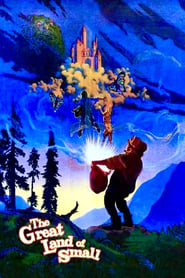 While visiting their grandparents in the...
While visiting their grandparents in the...The Great Land of Small 1987
While visiting their grandparents in the Québec countryside, two children enter a fantasy kingdom and are confronted by evil forces.
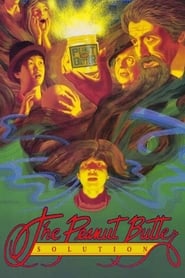 Peanut butter is the secret ingredient...
Peanut butter is the secret ingredient...The Peanut Butter Solution 1985
Peanut butter is the secret ingredient for magic potions made by two friendly ghosts. Eleven-year-old Michael loses all of his hair when he gets a fright and uses the potion to get his hair back, but too much peanut butter causes things to get a bit hairy.
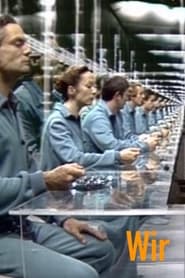 In the 26th century the inhabitants...
In the 26th century the inhabitants...We 1982
In the 26th century the inhabitants of Utopia have so lost their individuality, which varies in number. They live in glass houses (this was written before the invention of television), which allows the political police, called “Keepers” can easily supervise them. They all wear the same uniform and usually turn to each other or as a ”cipher-so” or "UNIFEM" (uniform). They feed on artificial food and rest hour marching in fours in a row the anthem of the One State, pouring out of the loudspeakers. As they are allowed to put a break on the hour (known as the ”sexy time“), draw the curtains of their glass houses. At the head of the One State is one called The Benefactor, which are replaced every year the whole population, usually unanimously. The guiding principle of the State is that happiness and freedom are incompatible.
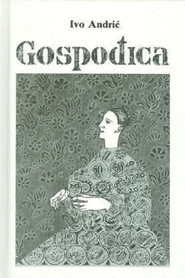 The adaptation of a lesser known...
The adaptation of a lesser known...The Woman from Sarajevo 1980
The adaptation of a lesser known novel by Nobelist Ivo Andric, which describes the life of a spinster who was overwhelmed by a single passion: avarice.
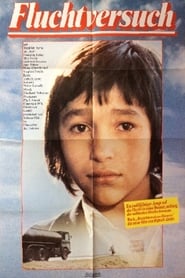 The twelve year old Ivo has...
The twelve year old Ivo has...Attempted Flight 1976
The twelve year old Ivo has been living in Vienna with his family for three years. His father and brothers work at construction sites. Their Austrian neighbors despise the Yugoslav guest workers. Because the mother has to look after the sick grandmother at home in Croatia, Ivo runs the male household in Vienna alone. Solitude and insults from the locals make the child unhappy. And so Ivo decides on a rainy winter's day to return to his home village on his own.
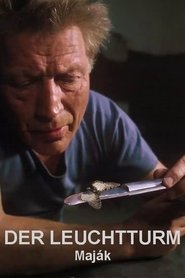 A psychological and existential study of...
A psychological and existential study of...Der Leuchtturm 1972
A psychological and existential study of a prisoner charged with guarding an isolated lighthouse. If he makes it through two years, the remainder of his sentence for manslaughter in a bar brawl will be pardoned. Nobody before managed to cope with the solitude. One day, a rat makes its way to the island. The sea and the island, the man and the rat, friendship and vendetta.
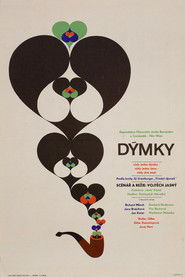 This threepart AustrianCzech comedy stretches the...
This threepart AustrianCzech comedy stretches the...The Pipes 1966
This three-part Austrian/Czech comedy stretches the boundaries of what is considered to be humorous. Part one finds a silent film actor upset because of a rival actor's attention to the former's wife. When he kills his rival, it is only when he is strapped to the electric chair that he realizes that this is his last live scene. The second episode has the wife of an elderly British nobleman having an affair with the young gamekeeper of their estate. Part three finds a peasant woman taking a lover when her husband goes off to fight the war.
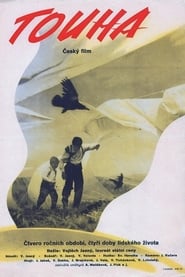 A poignant overview of how short...
A poignant overview of how short...Desire 1958
A poignant overview of how short life can be, this interesting drama from Czech director Vojetch Jasny is divided into four separate segments. In the first skit, a young child's impressions are observed as his newborn baby sister becomes a part of the family. In the second, a young woman falls in love for the first time one summer, and in the third, a tough, older peasant woman battles against the farming cooperatives. Finally, in the last segment, everything comes full circle as a woman who is about to become a grandmother dies while her daughter-in-law has not yet given birth.
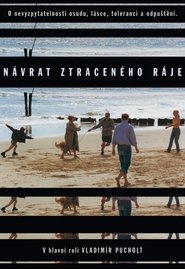 A professor reunites with an old...
A professor reunites with an old...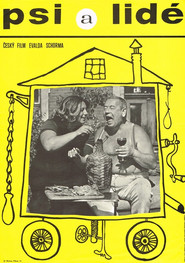
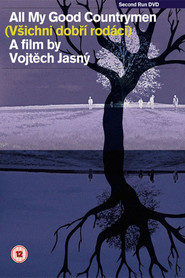 The lives of 7 friends in a...
The lives of 7 friends in a...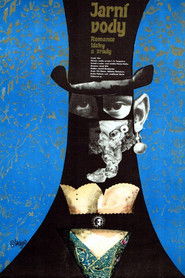
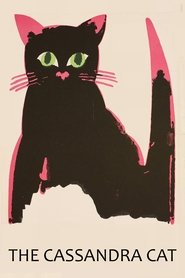 While old Oliva tells a group...
While old Oliva tells a group...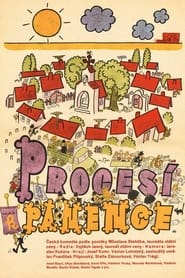 Farmers get away from their arguments...
Farmers get away from their arguments...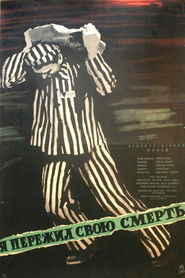 Telling the prisoners of a death...
Telling the prisoners of a death...